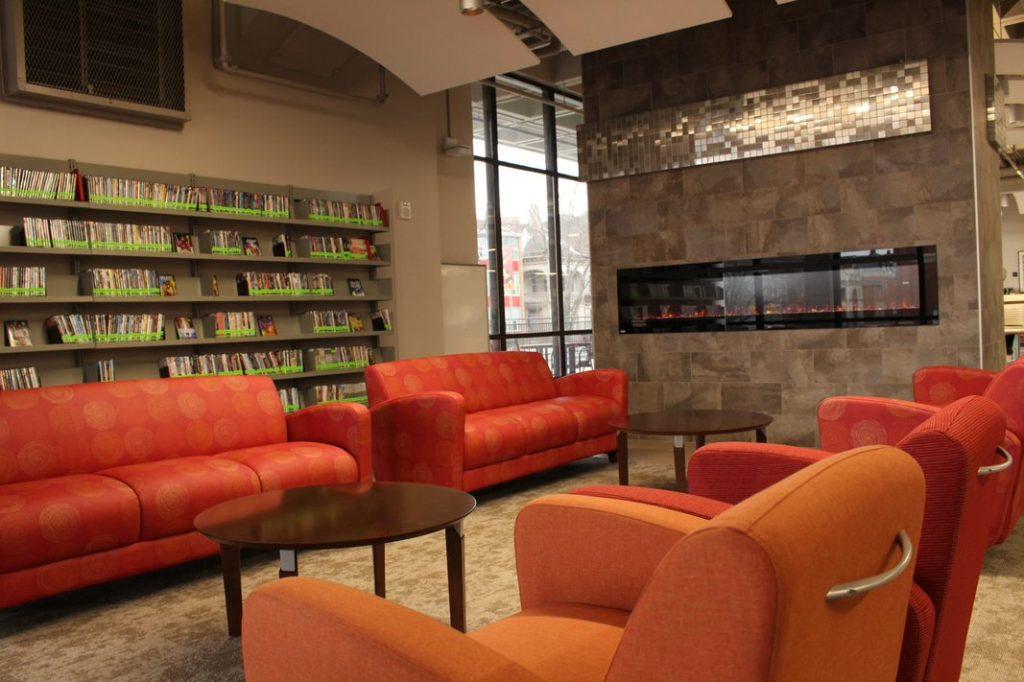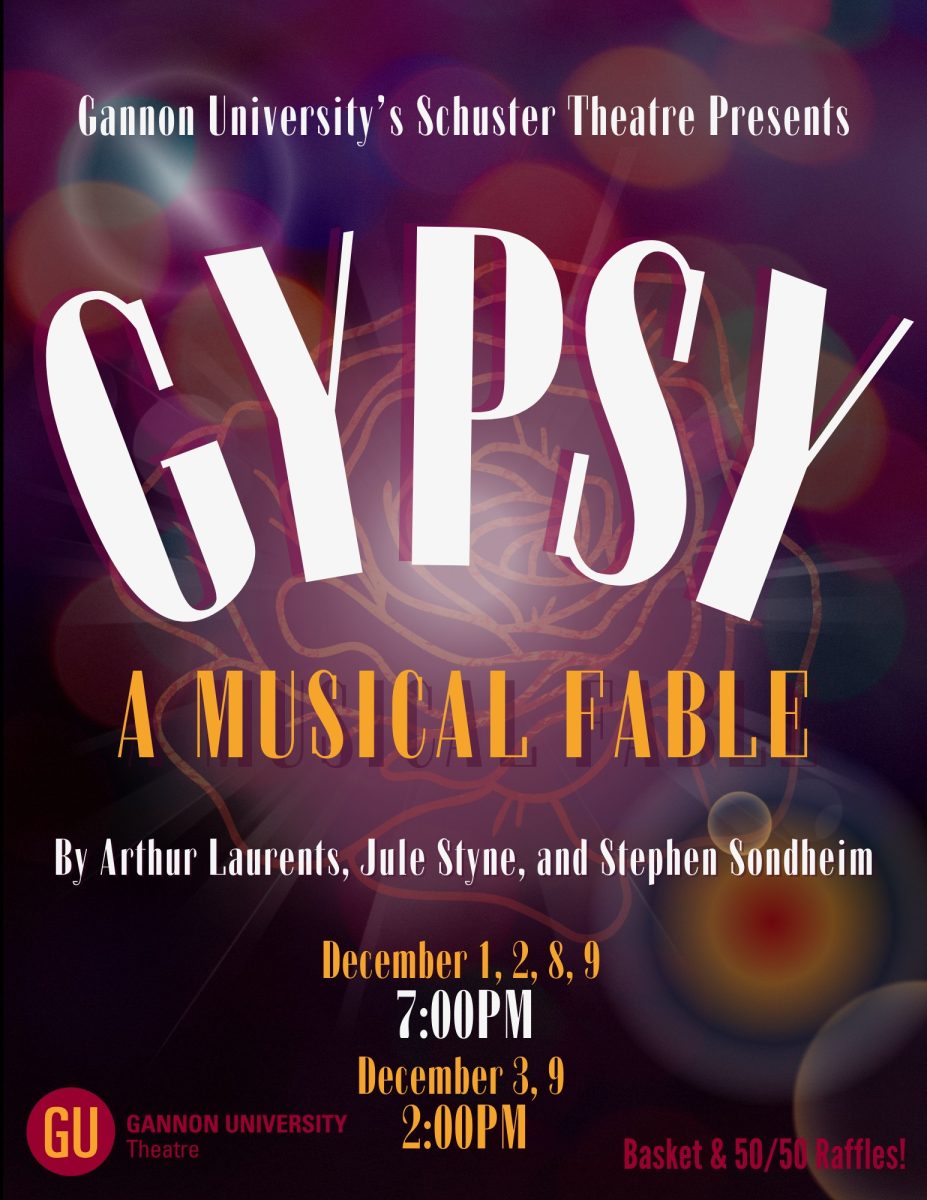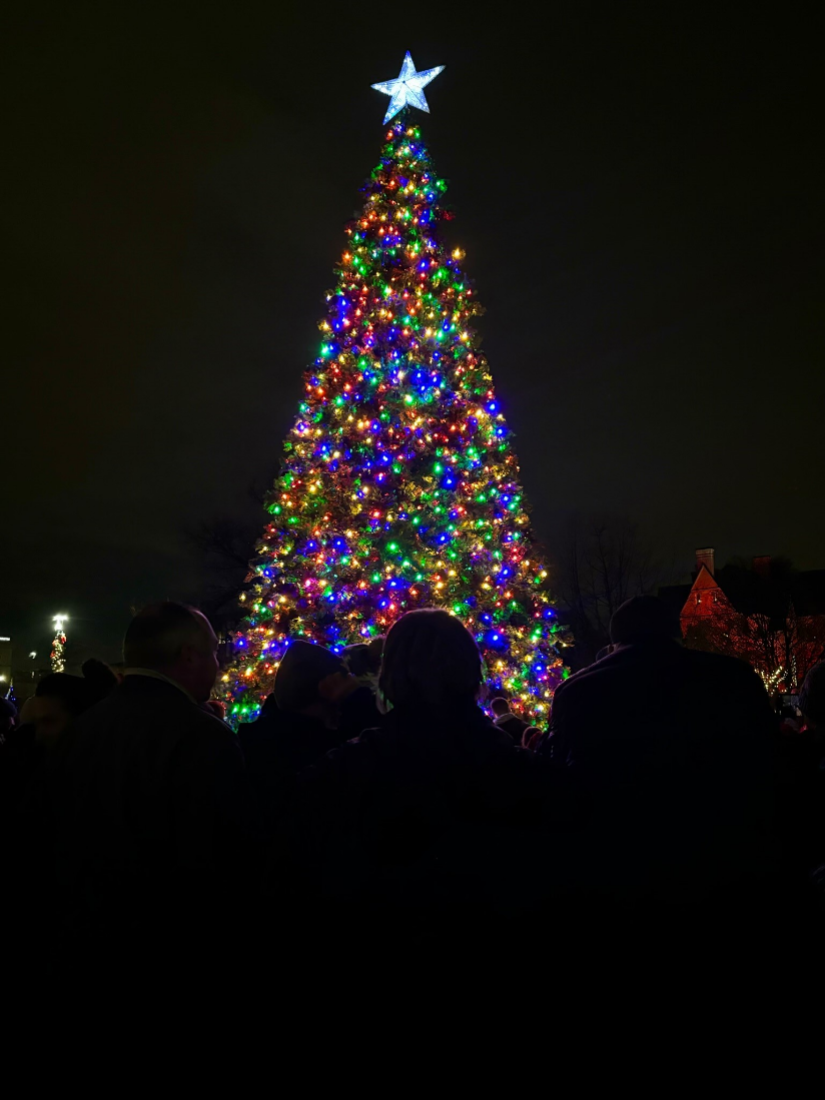Not every person is the same and neither is their study habits. However, Gannon University’s campus offers a variety of choices when it comes to places to study so you can find your ideal spot.
Amanda Washek, an academic adviser in the Student Success Center, said that students have to evaluate their best study options based on how they learn best.
For those students who need complete silence, Washek suggests quiet study rooms in the library or finding an empty classroom.
“I highly recommend academic buildings because the nature of the space will get a student locked into study mode,” Washek said.
Zachary Galla, a sophomore mechanical engineering major, said his favorite place to study is the second floor of the Palumbo Academic Center or “find a quiet, empty classroom.”
Other students may find background noise more helpful or like to work in small groups. For those students, Washek recommends the main floor of Nash Library or open study spaces like those found in the Waldron Campus Center. She also said students sometimes respond well to anywhere they can gather as a group to bounce ideas off each other, talk through problems or explain concepts out loud.
Regan Von Richter, a freshman digital media communications major, said she enjoys the time she spends studying with her acrobatics and tumbling team in the library. Von Richter said she works best “when I have other people around me but it’s a quiet space. They help keep me in check.”
Background noise, such as music, Washek said can be helpful as well, but not TV because it is too distracting.
If students find themselves distracted, not focused or procrastinating, it sometimes helps to get up and walk away for a moment then try to refocus, or switch subjects and come back to what they were working on later.
“I will say that I never recommend a bedroom or dorm room; it is very hard to study in those environments and also can affect sleep and the ability to relax in your own space,” Washek said.
The other aspect that comes into play when studying is knowing your learning style.
“Not everyone learns the same,” Washek said. “Some are auditory, visual, tactile or kinesthetic and most are a combination of those,” she said, “Once you figure out how you best study, you can then tailor your study methods to how you learn most effectively.”
Ways to study can include flashcards, practice questions or rewriting notes. Washek said students should always practice memory recollection though, as just looking over notes is not as effective.
To learn more about learning styles and effective techniques, you can visit the Academic Advising Center or make an appointment by calling 814-871-7680.
CHLOE FORBES
[email protected]












